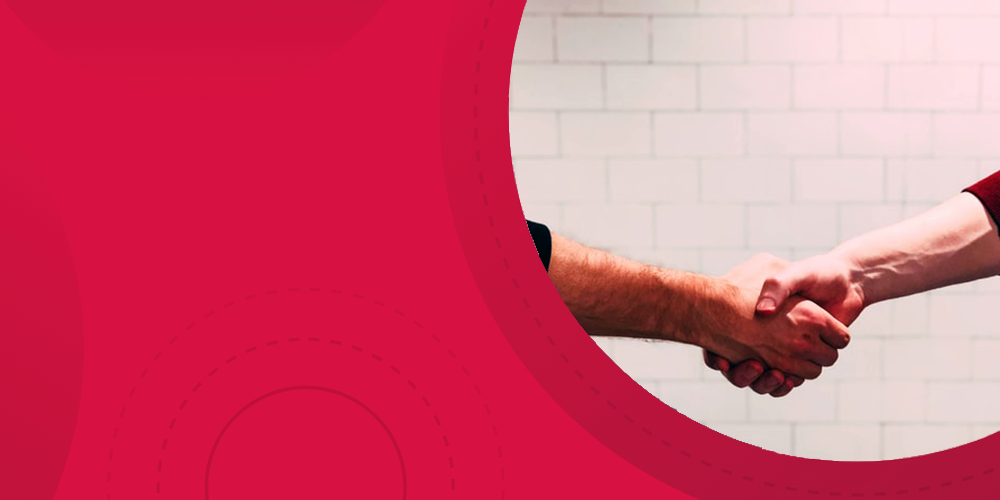This year it is somehow, rather startlingly, the 25-year anniversary of when I started my first job as an Occupational Psychologist, all that time ago back in 1995. In my career I’ve worked for a leading psychometric test publisher, three niche consultancies, and run my own business, and I’ve had some amazing experiences along the way.
To celebrate my milestone anniversary, here are 25 things I’ve learnt in a quarter of a century of consulting:
- People are people. If I had £1 for every time a client said, “ah, but we’re unique here you know” I’d be very, very rich today! Yes, every business has its own culture and its own specific challenges, but people fundamentally are pretty similar in their hopes, fears, needs and wants. Being able to recognise and support people at an individual level, whilst also acknowledging our collective ‘humanness’ is important in being an empathic consultant.
- At the same time, organisations are fascinating in the variety of what they do and how they do it. I’ve worked with clients in most industry sectors and I love seeing what happens in businesses you would never otherwise know about. I’ve seen how coal mines operate, how betting syndicates calculate odds on sports matches, how lawyers negotiate deals, and how chocolate bars are made.
- Business travel (rapidly) loses its appeal. I’ve been fortunate to travel to some wonderful places through my work (the US, Canada, the Middle-East, the Far East and Africa, not to mention most of Europe and Russia … although I’ve vowed that, for me, Sakhalin is a once-only, never-to-be-repeated experience) and its always a bonus when you can take some vacation time to enjoy new cities and countries once the work is done, but that aside business travel is not at all glamourous.
-
What can go wrong, will go wrong. And this often involves the venue losing the materials you’ve so painstakingly prepared and couriered there in advance.
- You have to be both highly planned AND flexible if you’re going to thrive as a consultant (see point 4).
- You’ll never be short of an amusing (anonymised) anecdote. Like the time a role-player split his trousers and asked me to sew them up at the start of a programme or when an assessor fell asleep mid-interview.
- The pace of technological change is frightening. When I started work, we didn’t have mobile phones or emails, and client contact was done via fax, telephone and letter. We trained using over-head projectors and acetates, couriers were booked to take proposals to clients, and we carried copies of documents on floppy discs and in lever-arch files.
- Voice recognition software was a thankfully short-lived technological fad, and those who mastered it learnt to proof-read their reports carefully before submitting them – unlike the assessor who once wrote that a candidate was “much self-assured and winding hilltop” in a report.
- You’ll need to be a jack-of-all-trades, master-plate-spinner in this profession. Yes, you might have been officially contracted to deliver a training course on presentation skills, but you’ll just as likely end up providing coaching support, careers advice or marriage guidance to the delegates.
- It’s never dull! This truly is a profession where you learn something new every day and where nothing is predictable or boring. I couldn’t have anticipated having to run out of an assessment centre to find a pharmacist for a candidate with an attack of cystitis for example!
- We’re lucky to work in such a broad discipline. Occupational Psychologists can work as trainers, coaches, psychometricians, assessors, leadership developers, mentors, facilitators, professional speakers and data analysts. You can specialise in a niche area of specific expertise or have a breadth of strings to your bow.
- Other people (including your dearest family and friends) will usually have no idea about what you do – even after you’ve explained it … multiple times. No, I’m not analysing you. No, I don’t interpret dreams. No, I don’t work in personnel. No, I can’t help with your mother’s mobility following a fall.
- You’ll encounter big challenges and surprise yourself in this profession countless times. The most nervous I ever felt was speaking in front of a room of 150 people. The most excited I've ever been was being allowed up into the control tower at Heathrow airport. The proudest I’ve been is completing an MBA at the same time as working – and even passing the dreaded business finance and accountancy module!
- Occupational Psychology is a VERY small world. The standard ‘seven degrees of separation’ is really only two or three in our industry. This is something that should be impressed upon all graduates as they enter the sector I believe – behave at the conferences, or everyone will know about it!
-
The team you work with and the colleagues you have will have a huge impact on your wellbeing and productivity. Nothing bonds you to others in quite the same way as working hard together on an important client project, succeeding despite challenges and delighting a client. Pulling an over-nighter in an under-equipped hotel Business Centre to re-print and re-collate those materials lost by the venue for example …
- The stakeholders you’ll interact with and the relationships you’ll need to manage will be diverse. In a typical week I’ll work with colleagues, clients, candidates, role-players, associates, suppliers and competitors. Add into the mix managing small children at home and it can become an interesting juggling act to communicate with the right people at the right time and in the right way – and to not end up inviting a roomful of senior leaders to take a break for ‘biccies and juice’ as I once mortifyingly did.
- You can sometimes fall a bit in love with your clients! There’s nothing quite like a trusting, supportive relationship with a brilliant client / client organisation, where you can see that what you do is making a real difference, to make you love your job.
- And the opposite is also sadly true – although luckily for me this has been a much rarer experience.
-
Spending so much time in hotels and conference venues can be really bad for your health …
-
… but good for your bank balance. I once went a whole month without needing to buy bread or milk.
- UK-based consultants will become intimately acquainted with the London tube map – which is great for pub quizzes, as well as ensuring that you get to that important meeting on time despite track closures, signal failures, strikes and station lockdowns.
- Understanding yourself and your values and continually working on your own development is essential if you are to be effective practitioner. As a wise mentor once told me, “you need to know yourself and show yourself”.
- Inevitably over a long career, things change. Life as a young, single 20-something consultant is very different to life as a married mum of 40-something. Life changes, priorities change, and careers adapt. One of the great things about this industry is how flexible working life can be.
-
Being an occupational psychologist is a joy and a privilege. I am thankful for every experience, lesson and opportunity I’ve had in this profession, and I’m looking forward to the next … maybe not quite 25 years!
- And finally, every consultant needs a koosh ball and also a set of those amazing scented flipchart markers.



